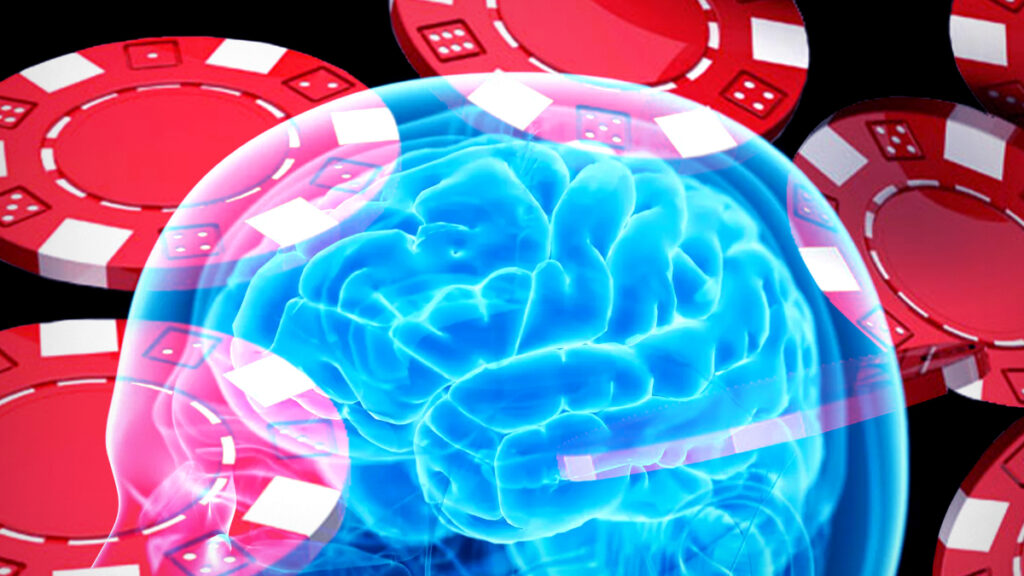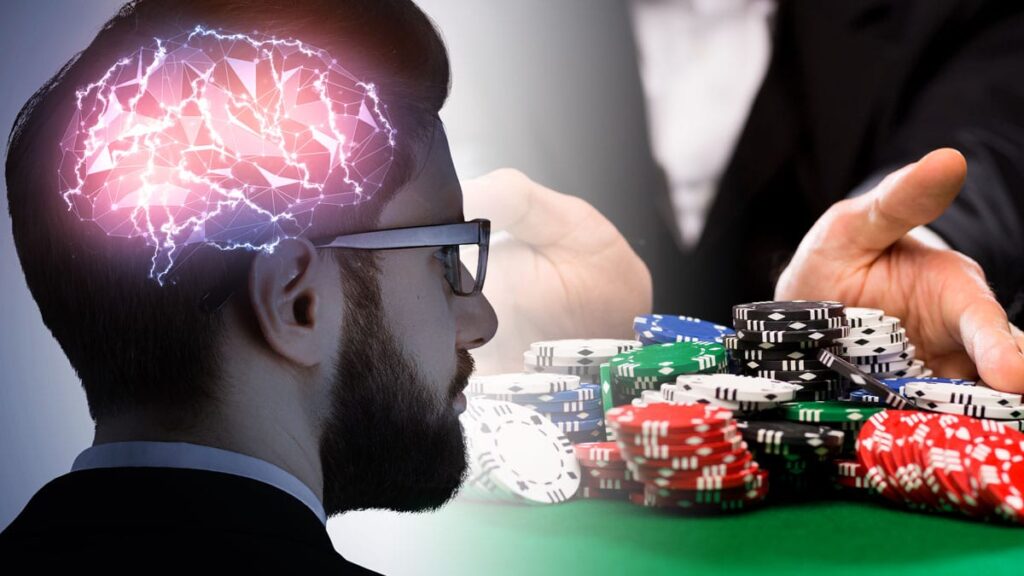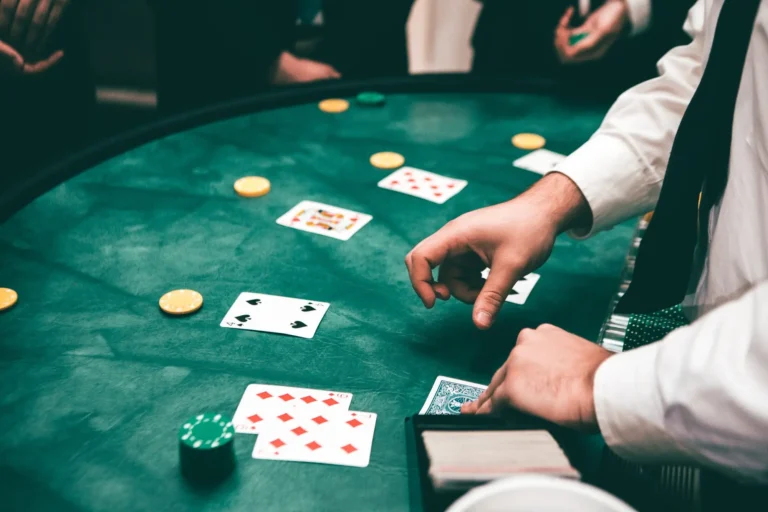Compulsive gambling is a problem that affects millions of people around the world, and it’s something that needs to be taken seriously. In this article, we’ll be discussing the different types of personalities that are prone to compulsive gambling, and what you can do to help yourself if you’re struggling with the disorder.
There are a number of different types of gambling, and each has its own benefits and drawbacks. Some people enjoy the excitement that comes with gambling, while others find it more relaxing to gamble passively. There are also a variety of ways to gamble, from playing at casinos to betting on sporting events or even gambling online on sites like https://betfirstcasino.be/en/.
What are the Symptoms of a Compulsive Gambler?
If you are a compulsive gambler, you may suffer from a number of symptoms, including an intense desire to gamble; spending large sums of money on games of chance; feeling powerless to prevent yourself from gambling; feeling trapped by your gambling habit; experiencing problems with managing your finances due to gambling debts, and losing sleep over your gambling debts or gaming losses. If you are concerned that you may have a gambling problem, it is important to seek professional help.
The Biology of a Compulsive Gambler

These people have a personality type that is characterized by impulsiveness, risk-taking, and an obsessive thinking style. The combination of these traits can lead to compulsive gambling.
There is no definitive answer to the question of what makes someone a compulsive gambler. However, there are some common factors that have been found to be associated with this personality type. These include:
-Having a high level of impulsiveness
-Having a tendency to take risks
-Having an intense focus on objects or situations that are exciting or pleasurable
-Having a strong need for stimulation or excitement
-Having difficulty controlling emotions or impulses
-Believing that gambling is somehow a good or fun thing to do
The combination of these traits can make it difficult for someone with this personality type to resist the temptation to gamble. They may find themselves entering into risky and potentially harmful situations in order to try and win money from the casino.
The Parts of the Brain that are Affected by Gambling
Gamblers often have a distorted view of their own abilities and those of other people. They also have a distorted view of the odds, which can lead them to make risky decisions.
The part of the brain that is most commonly affected by gambling is the amygdala, which is responsible for our emotions, including fear and aggression. The hippocampus is also involved in memory formation and can be damaged by gambling.
Other parts of the brain that may be affected include the frontal lobe, which controls decision-making and thinking processes, the basal ganglia, which helps control movement and coordination, and the cerebellum, which helps control balance and coordination.
How Gambling Causes Changes in the Brain

Gamblers often report experiencing changes in their mood, thoughts, and behavior when indulging in gambling. Changes in the brain that are associated with gambling can persist even after a person stops playing the game.
There is some evidence that people who gamble are more likely to experience problems with impulse control and decision-making. This is because gambling involves risk-taking and can lead to feelings of excitement or euphoria which can override rational thought.
Gambling also increases the amount of dopamine in the brain, which is associated with rewards such as pleasure and happiness. However, dopamine also contributes to addictive behaviors such as smoking and overeating. So while gambling may initially give rise to positive feelings, it can eventually lead to negative consequences.
It is important for people who gamble to understand the risks involved and to seek help if they feel like they are struggling with problems related to gambling. Gambling addiction is a real Mental Health condition that requires professional treatment.
The Relationship between a Compulsive Gambler and their Environment
Compulsive gamblers are often described as being high-strung, and their environments often reflect this. They may live in constant fear of losing money, and their surroundings may be cluttered and full of reminders of their losses. They also tend to be social isolates, preferring to gamble alone rather than in groups.
It is important for those around them to understand their unique personality type and how it affects their gambling behavior. This will help to minimize the chances of them losing money, and might even help them to overcome the addiction.
Is a gambler a narcissist?
Compulsive gamblers are often thought of as being narcissistic and self-absorbed. But is this really the case?
There is some evidence that they may indeed be more narcissistic than the general population, but this has not been universally accepted.
One study found that narcissism was more prevalent in compulsive gamblers than in control subjects. However, another study found no difference between the two groups.
The jury is still out on this one, but it’s possible that compulsive gamblers are just more self-aware than the average person and see gambling as a way to boost their own self-esteem.
Treatment for Compulsive Gambler

They are typically characterized by having a personality type that is aggressive and impulsive. Treatment for it can involve therapies such as cognitive behavioral therapy (CBT). CBT helps individuals to change their thoughts and behaviors related to gambling, which can help them to stop gambling and live a more productive life. One positive aspect of seeking treatment for compulsive gambling is that it can help individuals break free from the cycle of addiction and lead to healthier habits, such as finding new hobbies or enjoying pokies online in a responsible and enjoyable manner.
If you’re having problems with gambling, there are a few things that you can do to help.
- Talk to a trusted friend or family member about your problem. They may be able to give you some advice or help you find resources.
- Make a plan for when and how you’ll gamble. This can help keep you from getting too carried away with your gambling and help you stay disciplined.
- Avoid problem gambling venues. These places tend to be riskier and can lead to more problems if you’re not careful.
- Get treatment if necessary. Gambling problems can be serious and require professional help in order to be resolved.
Conclusion
A compulsive gambler is someone who feels an uncontrollable need to gamble. This might be a result of addiction, or it might simply be a behavioral issue that needs to be addressed. If you are struggling with gambling and feel like it is taking over your life, there are resources available to help you get the treatment you need. Don’t suffer in silence – get help today!

